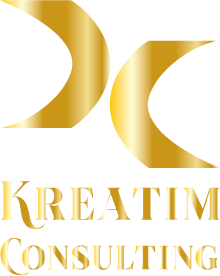An establishment is an important concept in business because it determines things such as taxes and other applicable laws although it does not always and necessarily relate to retail companies.
What is an establishment?
An establishment is a business location of a company that is engaged in some activity. It is a place where business is conducted with the objective of getting paid for selling goods or services, even if no specific sales actually take place at that location.
An establishment can be many things, eg.:
- a factory where goods are made
- an assembly facility where goods are put together
- a warehouse where goods are stored before they’re shipped or sold
- a retail store where goods are sold
- an office where services are performed or administrative work is done and
- even a construction site can qualify as an establishment
A branch location of a business can also qualify as an establishment. For example, if you have branch offices across the US and a remote worker in another country, you may have establishments in all of these locations.
What about home businesses (remote work)?
Even if it’s not your principal place of business, a home business can also qualify as an establishment if it fits the definition set in double taxation treaties and/or local laws. For example, if you store products at your home, or if you have an office in your home where you transact business, your home can be considered an establishment. Along the same principle, if you have a remote worker in Hungary assisting in your business, the home of your remote worker can be considered as an establishment.
Establishments and taxes
Several taxes rely on the principle of business establishments. If a business has an establishment or place of business in a country, that business has a tax nexus in that country and the country can then impose income tax on the income related with that establishment.
For Hungary it is the Act on Corporate Income Tax that specifies how the place of remote work qualifies as an establishment if your business is not tax resident in the country:
…provision of services through a natural person employed by a foreign person as an employee or performing the same activity in another legal relationship with that foreign person, provided that the provision of the service continuously or with interruptions exceeds 183 days in any twelve-month period, with the fact that connected and related services must be taken into account together.
Treaties vs local tax laws
Double taxation treaties when making provision about an establishment created through the physical presence of employees in a country set the right for that country to charge income tax to a business if it has created a service establishment in that country. If the treaty between Hungary and the country of the foreign employer contains this provision, the foreign employer will become subject to income taxes in Hungary according to the provisions in the treaty. If there is no treaty between the country of residence of the foreign employer and Hungary, Hungarian corporate income tax law will apply from day 1.

